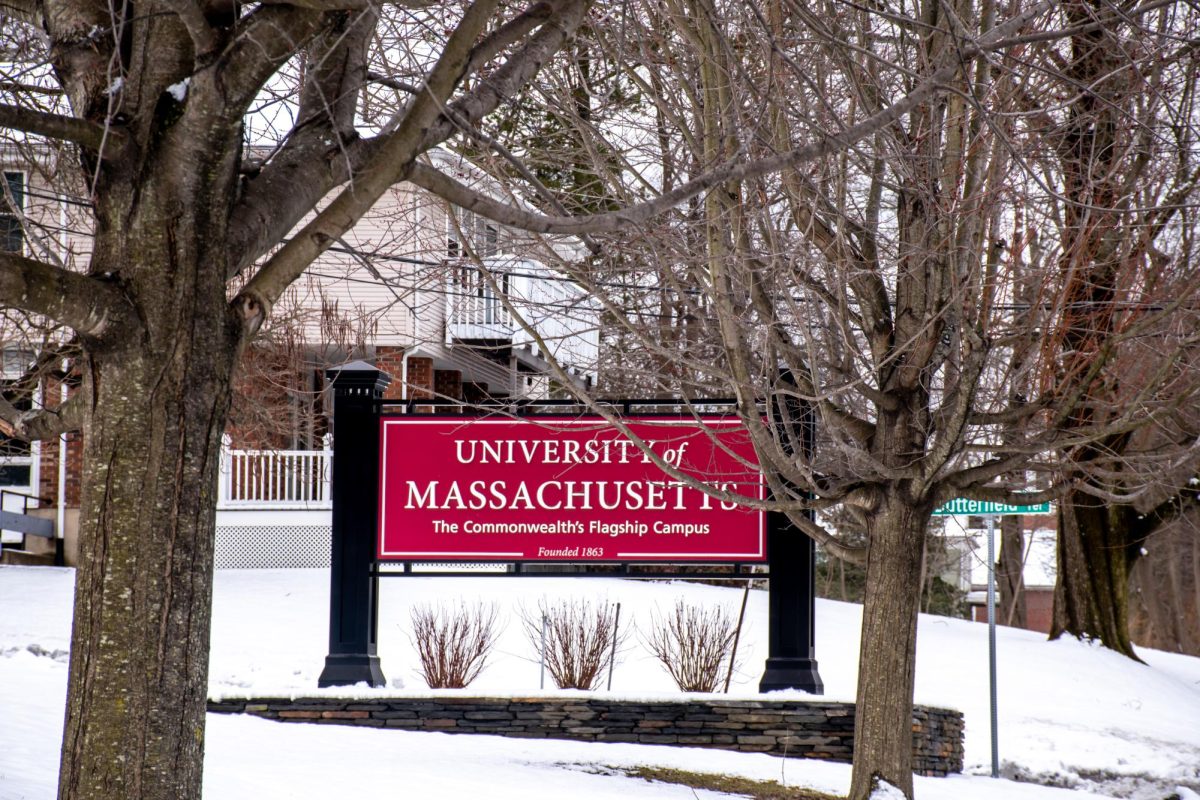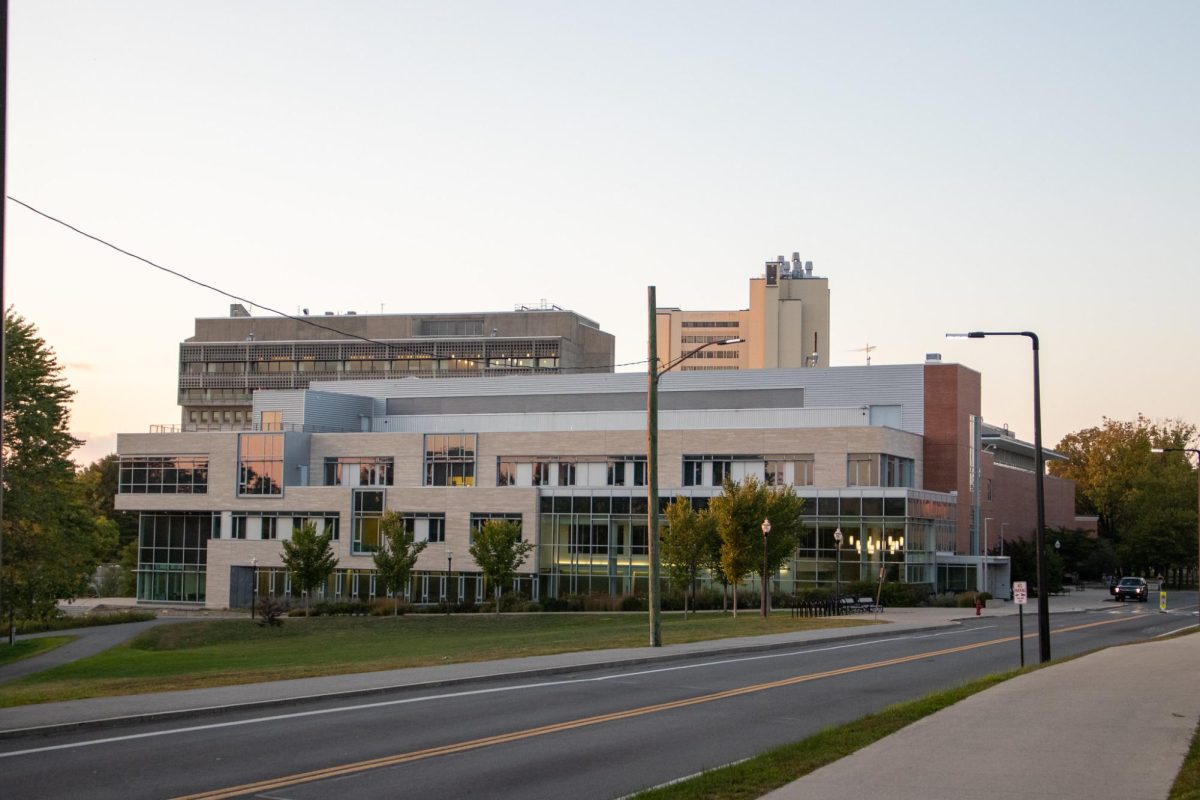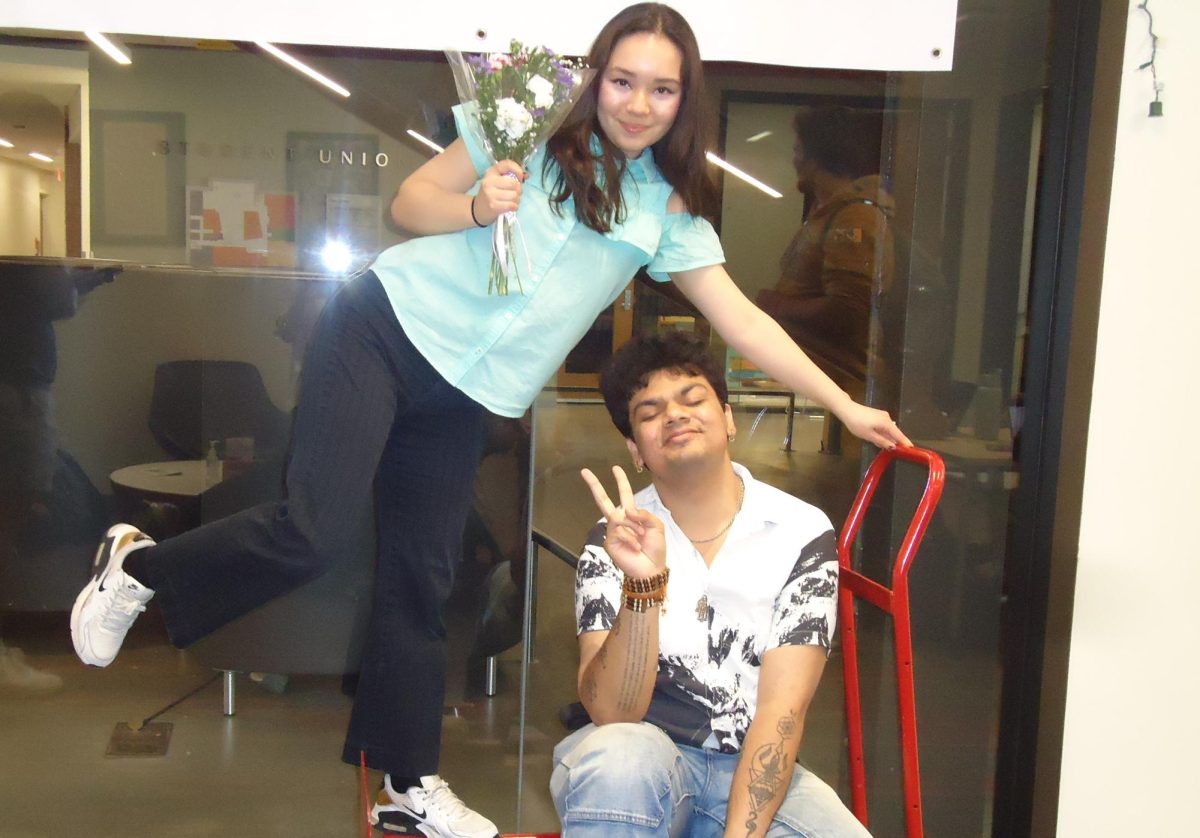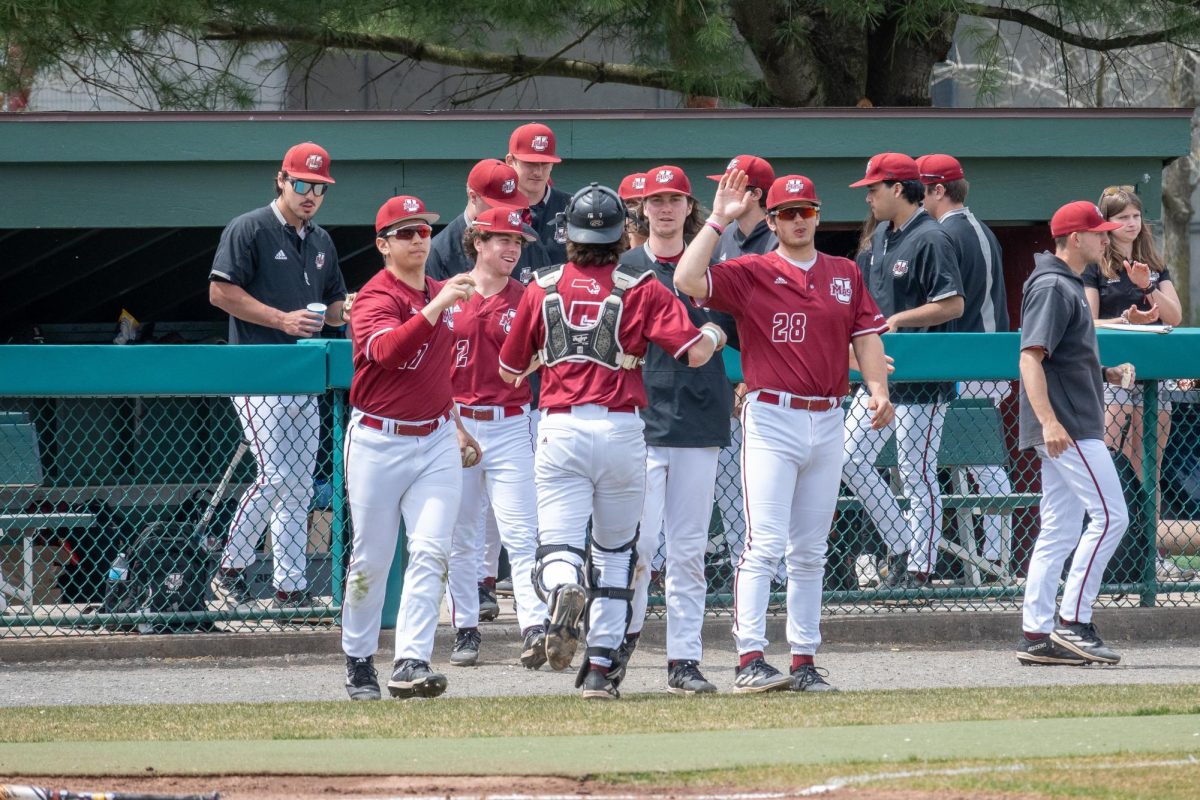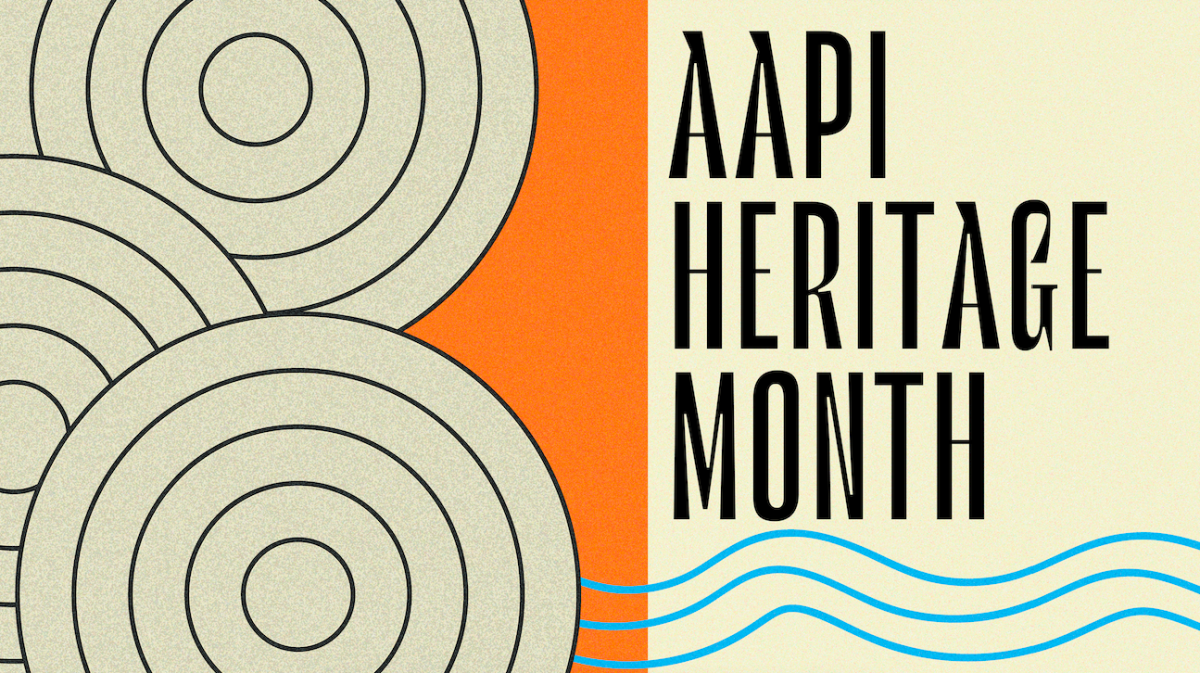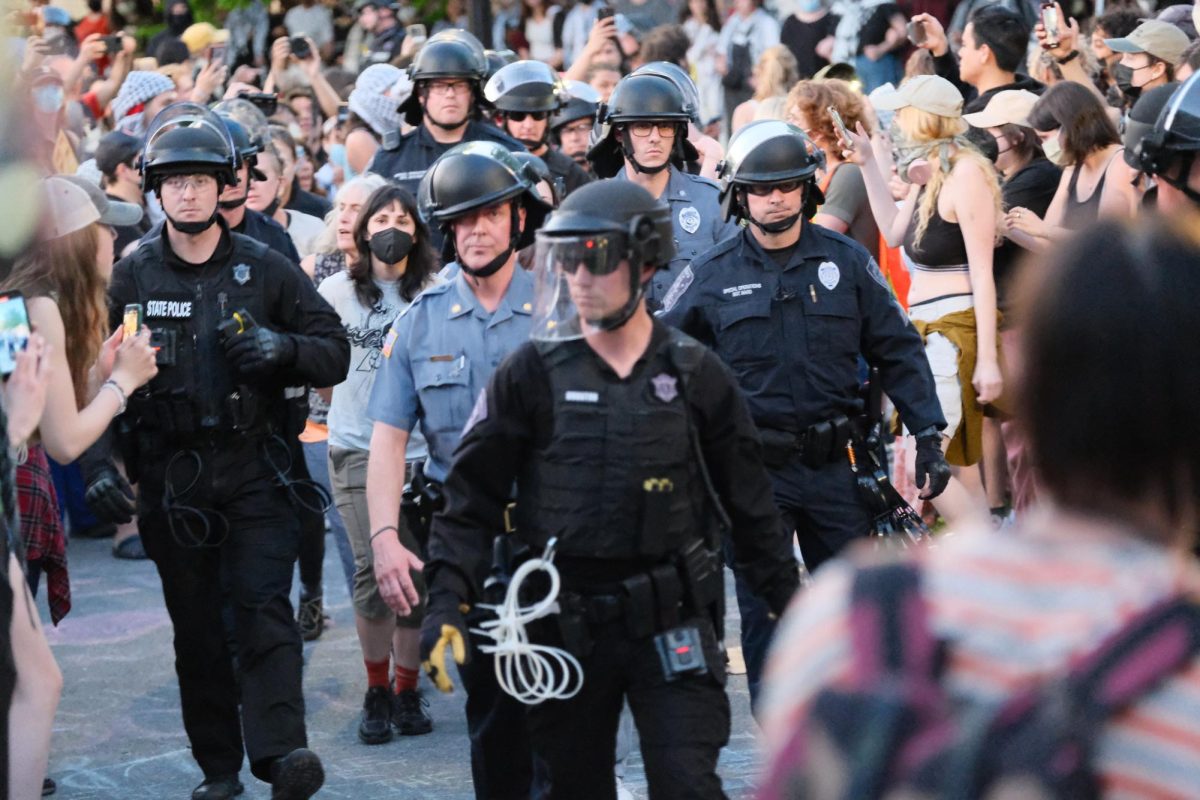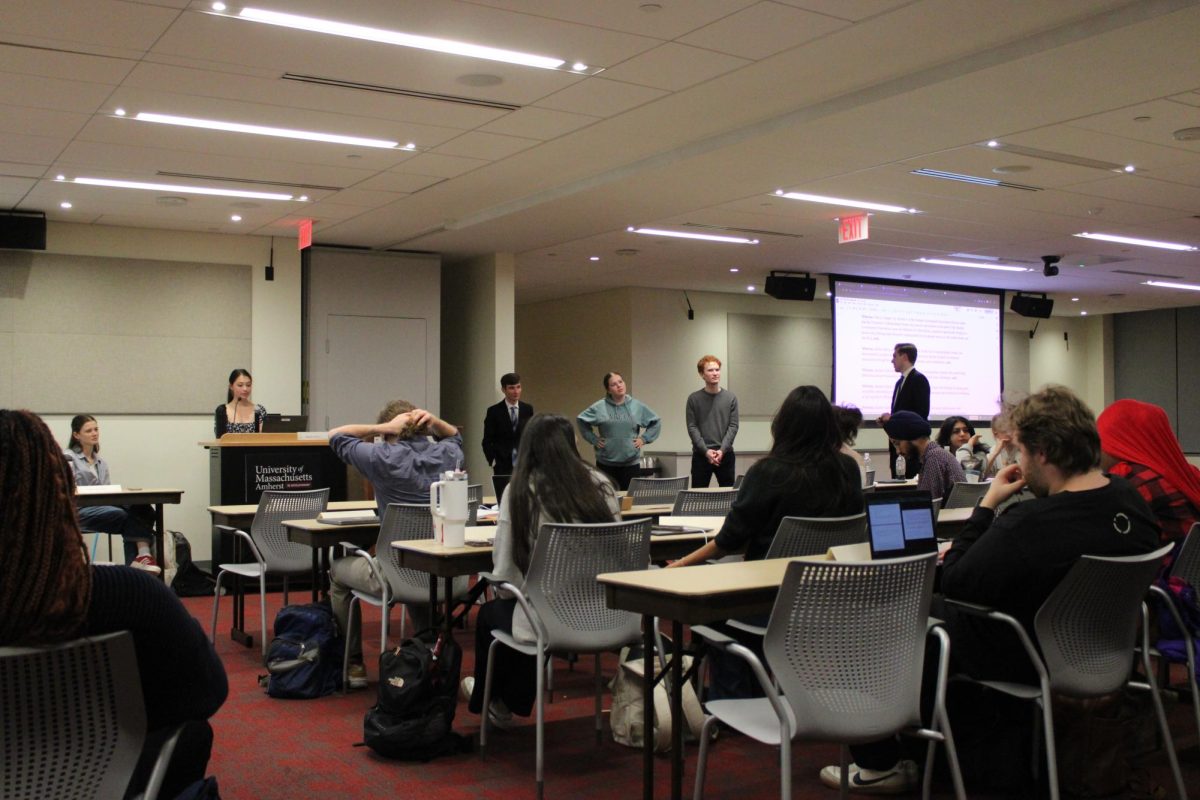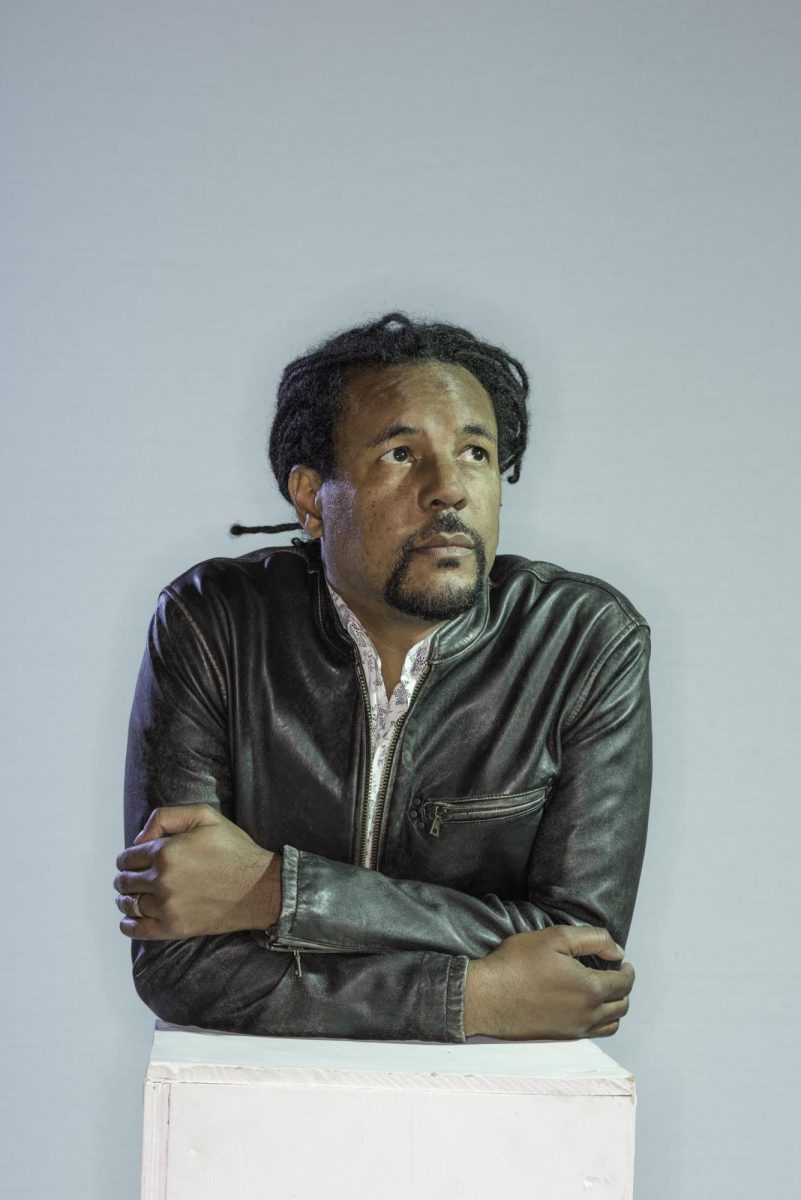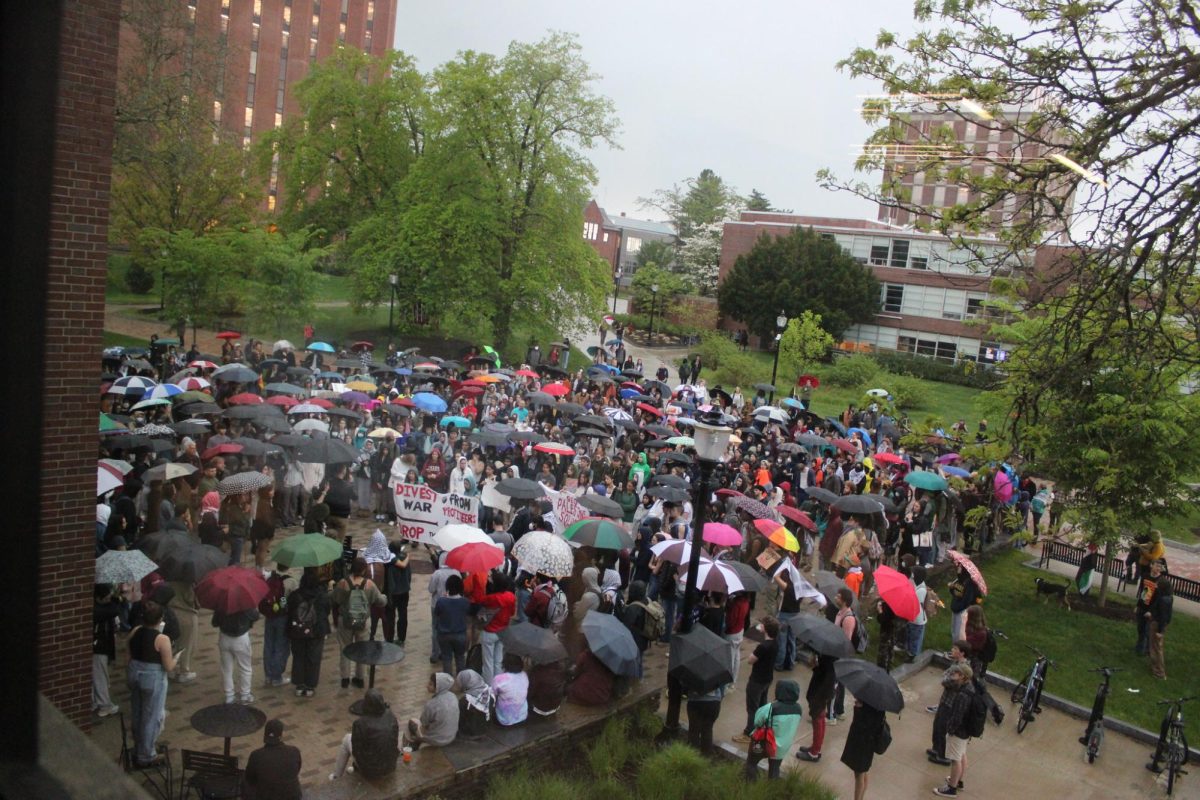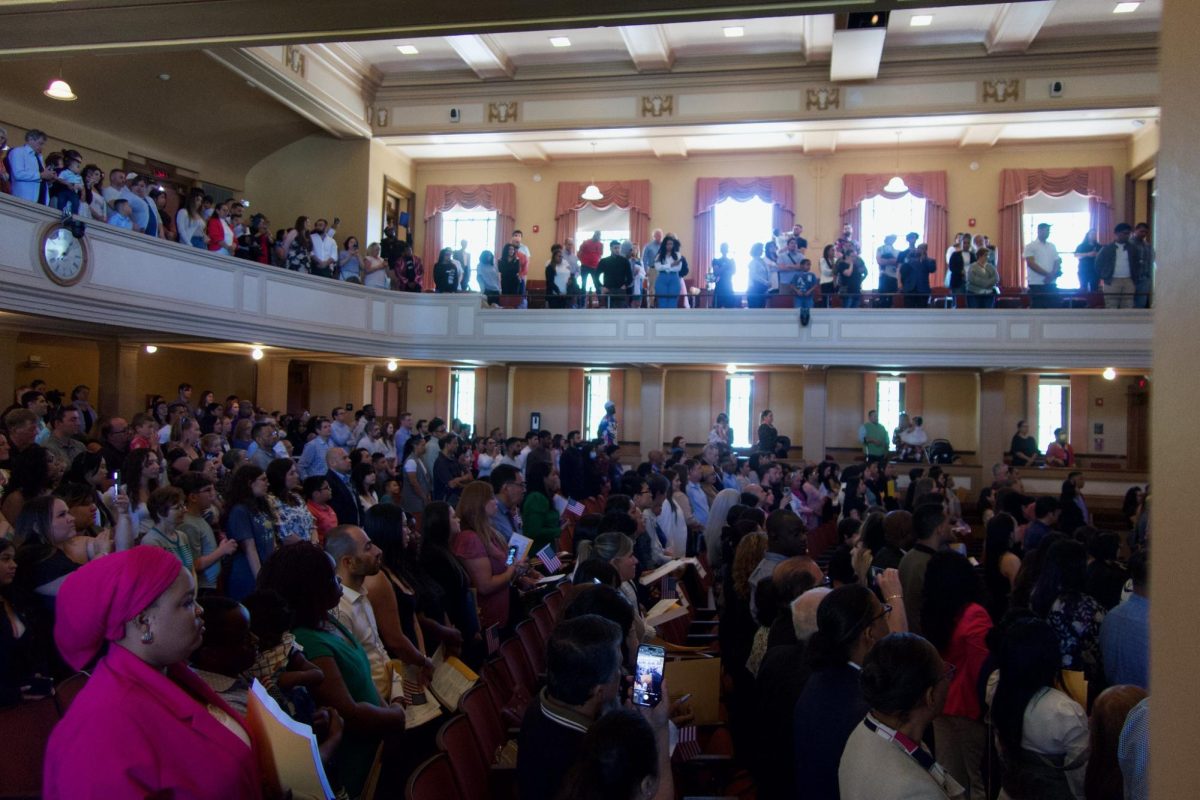The Community, Democracy and Dialogue (CDD) advisory working group is a new initiative formed by Chancellor Javier Reyes for the University of Massachusetts in fall 2023. The aim of the CDD is to “help our campus community navigate challenging, complex, and controversial subjects in ways that bring us together,” according to its website.
CDD can make a difference at the level of higher education, according to David Mednicoff, associate professor of Middle Eastern studies and public policy, chair of the Department of Judaic, Near Eastern Studies who is also a CDD Member.
The group is composed of various faculty members of UMass who were already involved in this line of work. For example, Mednicoff said that his department tries to model “genuine diversity and academic freedom for everyone.”
“The campus has been so hot … climate-wise, you know, the Chancellor wanted to create opportunities to sort of address that,” Linda Ziegenbien, director for the Strategic Advancement of Equity and Campus Climate and member of the CDD said.
“Understanding difference, understanding different perspectives, struggling with ideas, is why higher education is one of the pillars of a democracy,” Ziegenbien said. “A crucial part of the liberal arts model of education is the exchange of ideas.”
“We’re definitely sort of building the airplane as we fly it,” Ziegenbien said. The CDD advisory working group is very new and is still trying to figure out the definitive future for it.
However, the group is hoping to continue building in future years. “The more that we can do to recognize the expertise and the perspectives of the different people across campus, and to allow, to give them opportunities to actually implement their ideas, the better we all are,” Ziegenbien said.
On March 27, CDD sent out an email to University members announcing that they awarded $75,000 in grants to 33 projects. The spring 2024 grant funding cycle is for events that will take place during this spring or next fall. CDD will have another cycle for fall 2024.
Ziegenbien supervised the grants program and said the chancellor and vice-chancellor of Equity and Inclusion had set aside money “to engage in issues of domestic and geopolitical and international interests that are capturing through the imaginations on campus right now.”
According to Ziegenbien, the goal of the CDD grants is to create spaces for people to have good but difficult conversations “over issues that are really dividing and can divide our campus community … there may not be points of commonality, you know, people may come into these spaces and leave still disagreeing.”
The CDD first decided on these grants using a list of criteria. Some mentioned are that projects must address important international or domestic issues relevant to campus community members, projects should encourage open discussions of critical social issues and advance ideals of diversity in intellectual discourse in addition to projects being collaborative.
According to Ziegenbien, there was a “steering committee” dividing the proposals into two pools. Once each proposal entered its designated category, either faculty or non-faculty, it went through evaluations conducted by another committee. According to Ziegenbien, she and faculty members examined the faculty proposals. The non-faculty category was evaluated by undergraduate students, graduate students and people from the major staff unions as well as people from the CDD.
Erika Zekos, senior lecturer and undergraduate program director in the architecture department, proposed a project on spatial justice within architecture. Zekos defined spatial justice as “architecture’s intersection with social and environmental justice.”
Zekos is planning to start her project with a lecture series in the fall followed by smaller conversations with students; she hopes to bring in someone who works with engaging the public while addressing issues of social justice within the architecture world.
In the grant, they plan to implement department readings that will be incorporated into courses. “Our department has been really deliberate about addressing issues of social justice in our curriculum,” Zekos said.
According to Ziegenbein, the reviewers particularly liked Zekos’ proposal because “the money that was awarded would be used to bring in someone to sort of help move that field forward.”
Nicole Nemec, senior lecturer II in the Commonwealth Honors College, revived a grant for her proposal on nonviolent protesting, in a series called “Peacemakers at a Time of War.”
Her proposal expresses hope of bringing in two speakers, depending on if they can obtain additional funding. As of right now they plan on bringing in Ali Abu Awaad to give a presentation on “nonviolence as an identity,” followed by smaller group discussions.
According to Nemec, the CDD grants are almost like “a mutual sponsor by the university,” saying “you know, yes, you can do this thing that otherwise might be controversial, because we can provide funding, because other people won’t, they’re too afraid.”
“The funny thing about nonviolence is that it’s very controversial,” Nemec said. “People refuse to talk to each other. They refuse to engage in the idea of nonviolence.”
“We can’t ignore the fact that there are these tensions and there are these fundamental disagreements. But we can provide a place for them to exist in a safer way,” Nemec said.
She is working alongside Susan Ware, senior lecturer in Commonwealth Honors College, and Esther Muhlmann, senior psychology and English major, and hopes to work with Nelson Homestead, a nonviolent activism organization in Deerfield.
Mia Blue can be reached at [email protected].

